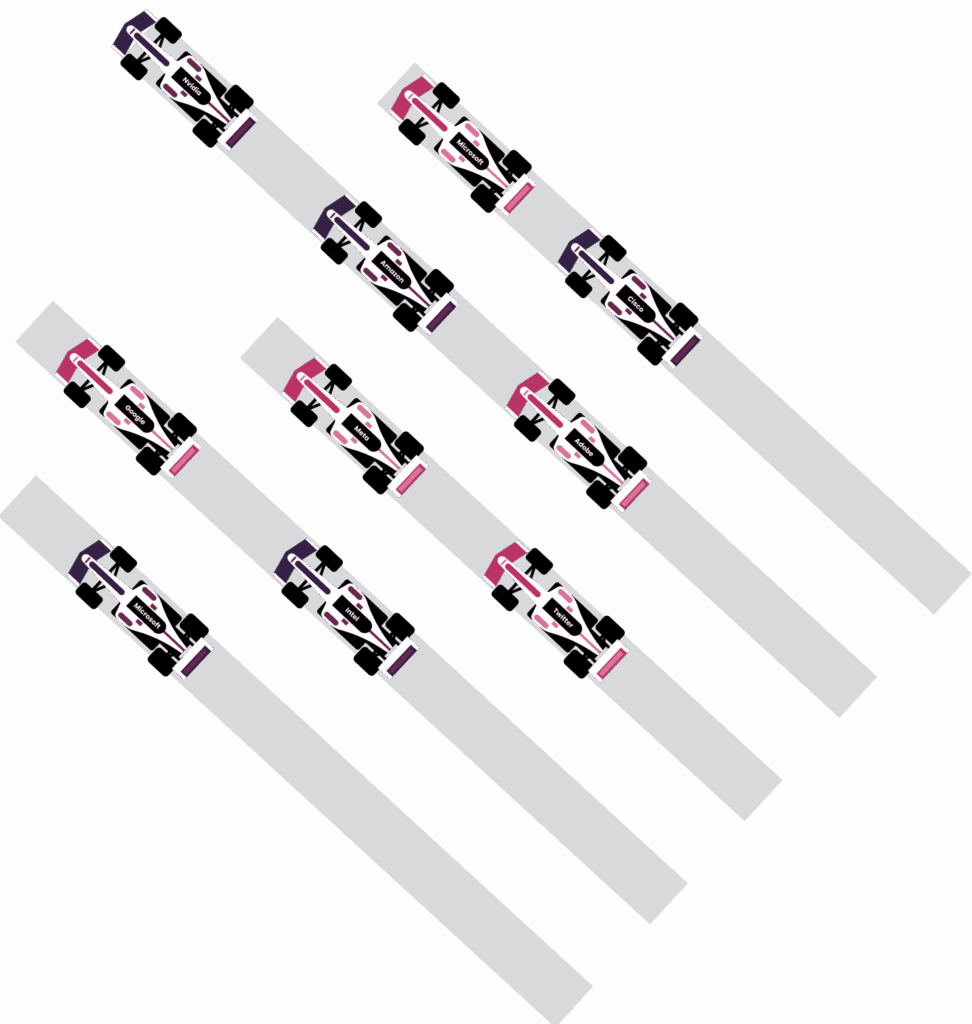
Auto Insurance Solution: Connected Cars X
Connected Cars X helps agents to set the smart coverage for aggressive drivers and help regular drivers to save on auto insurance. The solution consists of a Secure Telematics Hardware

The key idea of this product is to provide a complete audio post-production ecosystem, enabling different people responsible for product creation to participate in the process in a remote manner. It has become a more common and actively-developed way of getting things done in the post-COVID era.
Video constitutes the most engaging content that most people consume these days. According to recent research, an average person is predicted to spend 100 minutes a day watching videos. That’s why it’s crucial for film-making companies to have effective production management software.
Still, the video production process is hectic. As a rule, it has three main steps:
– pre-production – the planning stage for mapping out the script for the video;
– production phase – the stage when the video is shot; and
– post-production – the stage that involves editing/adding the video, music, and other effects.
Our client, a reputed US-based filmmaking company, wanted to create a complete audio post-production solution. The company is engaged in dubbing, mixing, or re-recording in filmmaking and video production, in which additional or supplementary recordings are lip-synced and “mixed” with original production sound to create the finished soundtrack.
Our client was looking for a consultation and further solution development:
– The project features a suite of applications that, when used together, would provide a full-fledged platform for post-production workflow: both recording and processing a talent’s voice, storing and playing back the final results, and communicating with the team in real-time.
– Furthermore, in order to motivate companies to choose the solution, it’s planned to provide business-to-business integrations, such as services for searching dubbing candidates or integration with VoIP apps for guests to be able to join sessions without installing the app, but rather from Skype or MS Teams.
The solution needs to work closely with platform-dependent SDKs, use native APIs and communicate via low-level protocols, including communication with DAWs (digital audio workstations), as well as provide its own extensions, like adding virtual devices, to the system.
Given that our development team:
– Investigated results of third-party solutions for the project’s requirements, compared, adopted, and integrated them into the application
– Developed a low-level communication combined with extensive architecture and modern features, and implemented with the C++ language which is a perfect choice for this case
– Used Qt framework, one of the most successful and powerful frameworks for C++ GUI app development
– Used GStreamer framework for media processing – an extensive, performant, and actively developed open-source solution for everything related to streaming and media processing. It also has many expert teams offering support for businesses building their projects upon this framework